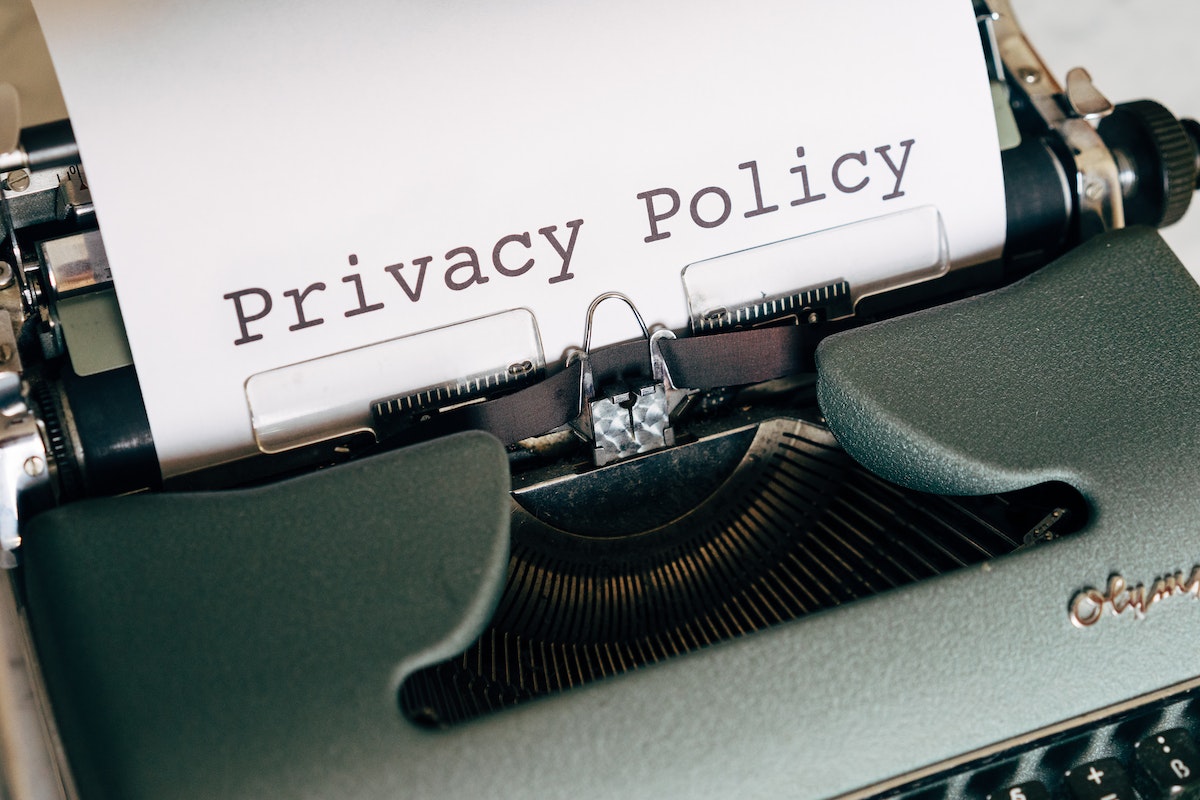In the course of 2021, various corporations were punished for violating the standards that outline how users’ personal data should be used, including: Amazon was fined 746 million euros for the misuse of its users’ data; Facebook was fined 225 million euros, and YouTube was fined 90 million euros, for obstructing transparent access to privacy regulations and misusing data.
Because of the large number of data abuses that have occurred in the online world in recent years, when the victims were users and their privacy, the security of personal data has become a priority for users and international organizations in order to protect a fundamental human right – the right to privacy. Users should always take precautionary measures to protect data.

There Is No Online Security Without Data Security
Data security is a procedure that seeks to prevent any type of data loss, such as destruction, corporate misuse, or hacker theft. Companies must follow regulations, and customers must secure their data as much as possible, given that it is understandable that companies cannot adequately protect data.
Companies that care about data security should adhere to the CIA triangle, which is widely regarded among technology specialists. This name is associated with three data storage principles: confidentiality, integrity, and availability. In this scenario, the corporations are required by law to store the data and restrict access to authorized people.
This indicates that any unauthorized access to the data would jeopardize the data’s security. The principle of integrity is related to the fact that the data is provided consistently and without modification, that is, that the company retains and stores it in the form in which it was submitted by the user. The final principle, the availability principle, indicates the company’s ability to grant access to those who have the right to access, when they request it.
In addition, the consumer should be aware of what information the company has on him. To meet these three criteria, businesses must also have a solid corporate security system in place to prevent unwanted access. Working with a skilled security professional is the best to ensure that all potential vulnerabilities are addressed.
Privacy Policies
When enrolling for a service, companies describe to whom they give data and how. The process of collecting and sharing user data is defined in their privacy policies. However, the length of the privacy policy frequently motivates customers to automatically accept the terms of use and privacy policy in order to use the company’s services as soon as possible.
As a result, users are denied access to information such as what data is taken and what can be sold to a third party, who has approved access to their data, how the company retains the data, and how much personal user data is stored. That is why it is very important that the user is familiar with the privacy policy before using the service on the Internet, and it is considered to be the first step in improving the security of your data.
This new amazing tool called Pro Se which has created a system that scans and analyzes privacy policies using artificial intelligence so that the user is aware of all of the aspects contained in the privacy policies as well as how data is gathered and used. It gives customers a summary version of the privacy policy that can be read in a few minutes and underlines the key elements that the user should be aware of regarding what they agree.
After reading privacy policy, in order to improve their online safety users must exercise caution when using the Internet . Hackers have lately attempted to steal user data in a variety of ways. Users should not open or follow suspicious emails, access unauthorized websites, or make online purchases on dangerous websites for their own safety. If this occurs, the user puts not only his personal data at risk, but also his financial data, allowing hackers to exploit them.

The same thing can happen if you enter questionable links such as advertisements and too good to be true offers that appear when you visit websites. It is best for users to avoid these circumstances in order to improve the security of their data. When browsing the sites in order to determine the legality of the site, antivirus and firewall systems can be helpful. These systems protect the user and his data from destruction, corruption, or probable theft..
In the event of data theft, where essential data fully disappears or is compromised, the user or corporation is in an awful situation without opportunity to retrieve it.. That is why it is suggested for data to be backed up on some of other drives, clouds, etc. The most frequent methods for saving data in this manner are to save it on an external hard drive, utilize backup software, back it up online, or employ a service like a cloud service. As a result, even if the original copies of the data are destroyed, the copies are maintained and ready for use.
In Conclusion
Online security is also a prominent concern on social media. People, often unaware of the power of social networks, leave their personal information on them without securing their profiles. As a result, they risk not only their data, but also their security. There have been instances where a location posted on social media has put the individual in bodily danger. As a consequence, all social networks have the option to make a profile private. When users set up a profile as such, those who are not their friends will not be able to view their profile, therefore their privacy will be safeguarded.
Online security is a major problem, and both companies and users must play a significant part in assuring user data security. The right to privacy is a fundamental human right, and in order to ensure personal privacy and safety in the online world, users must be cautious about how much private data they reveal, as well as employ tools that assist them keep their data safe.